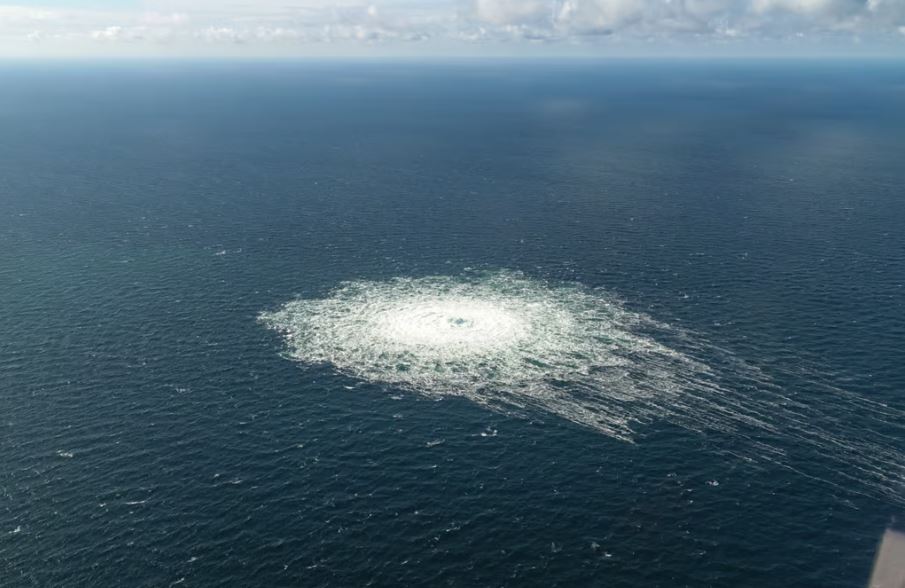Russia is disrupting mobile communications and ship tracking data in the Baltic Sea, endangering ships and energy supplies to test how Western powers will react, a Polish naval general overseeing the Baltic region told Reuters.
Vice Admiral Krzysztof Jaworski, commander of the Polish maritime forces, said Russia is systematically using these tactics to conceal the movements of its ships and disrupt the operations of other ships in waters bordering eight NATO countries and Russia.
“Hybrid warfare in the Baltics is the biggest challenge we face,” Jaworski told Reuters, referring to conventional attacks along with attempts to damage energy supplies and other systems in the Baltics.
"They are also testing us, as an alliance, we will see how far they can go," he said.
There have been at least three suspected sabotage incidents targeting dozens of vital telecommunications cables and gas pipelines on the relatively shallow Baltic seabed since 2022, after the Russia-Ukraine conflict broke out.
On December 16, the European Union approved the 15th package of sanctions against Russia related to the conflict in Ukraine. The latest package of sanctions against Russia adds 52 "dark fleet" ships that are trying to evade Western sanctions to transport oil, weapons and grain, bringing the total number of sanctioned ships to 79.
Russian commercial vessels have turned off their automatic identification system (AIS) signals dozens of times since the Nord Stream sabotage in 2022, Vice Admiral Jaworski added.

Nord Stream AG announced on September 27, 2022 that three of the four branches of the Nord Stream and Nord Stream 2 gas pipelines suffered unprecedented damage. Swedish seismologists recorded explosions along the Nord Stream pipeline on September 26.
The Russian Prosecutor General's Office has opened a case of international terrorism over the sabotage of the gas pipeline connecting Russia and Germany.
Germany, Denmark and Sweden have opened investigations into the Nord Stream incident. However, so far, the perpetrators of the shocking sabotage in the Baltic have not been found.
Most recently, two submarine cables under the Baltic Sea were severed on November 17 and 18. One connects Germany and Finland, and the other connects Sweden and Lithuania. The first cable runs along the Nord Stream pipeline.
In the latest cable break near Nord Stream, the Chinese-flagged Yi Peng 3 is being held in waters near where the cables were severed. According to ship tracking data, the Yi Peng 3 was passing through the area where the cables were severed at the time of the incident.
Finnish Defense Minister Antti Hakkanen said governments in the Baltic Sea region had learned from the investigation into the 2023 Balticconnector gas pipeline and cable break, in which the Chinese ship Newnew Polar Bear was suspected to be the culprit.











